Christine Krzyszton
Christine Krzyszton
Senior Finance Contributor
353 Published Articles
Countries Visited: 100U.S. States Visited: 45
Christine ran her own business developing and managing insurance and financial services offices. This stoked a passion for points and miles and she now has over 2 dozen credit cards and creates in-dep...
Edited by: Keri Stooksbury
Keri Stooksbury
Editor-in-Chief
70 Published Articles 3693 Edited Articles
Countries Visited: 54U.S. States Visited: 28
Editing with Upgraded Points for over 6 years, as editor-in-chief, Keri manages the editorial calendar and oversees the efforts of the editing team and over 20 content contributors, reviewing thousand...
& Kellie Jez
Kellie Jez
Director of Operations & Compliance
6 Published Articles 1294 Edited Articles
Countries Visited: 10U.S. States Visited: 20
Kellie’s professional experience has led her to a deep passion for compliance, data reporting, and process improvement. Kellie’s learned the ins and outs of the points and miles world and leads UP’s c...
![The 10 Best Cards for Lost or Delayed Baggage Coverage [2025]](https://upgradedpoints.com/wp-content/uploads/2025/06/Chase-Sapphire-Reserve-Card-Upgraded-Points-LLC-3.png?auto=webp&disable=upscale&width=1200)

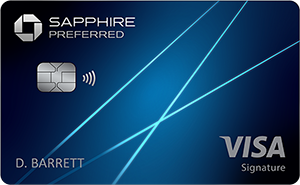
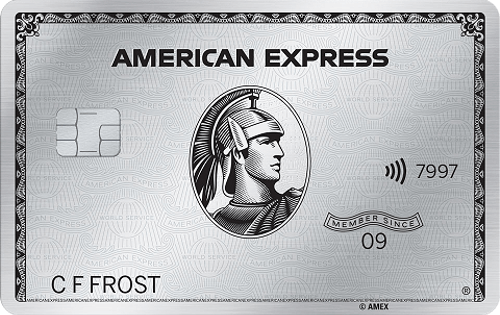

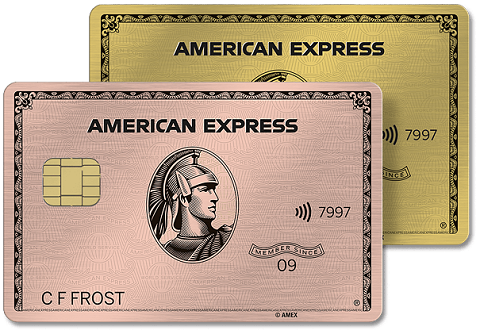
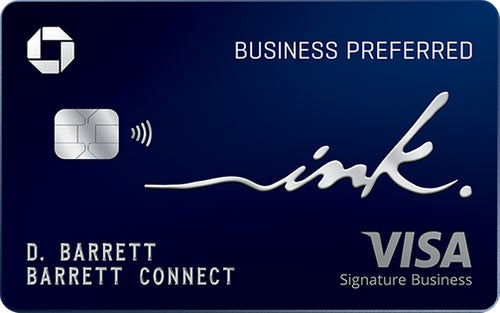
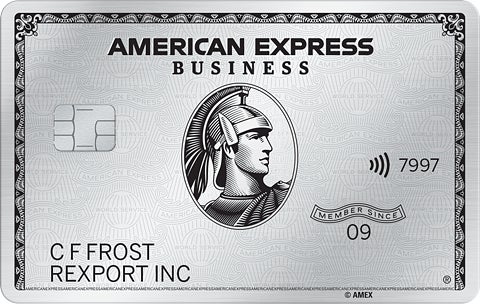



![Chase Freedom® Credit Card — Full Review [2025]](https://upgradedpoints.com/wp-content/uploads/2019/11/Chase-Freedom-Card.png?auto=webp&disable=upscale&width=1200)
![Marriott Bonvoy Boundless Credit Card — Full Review [2025]](https://upgradedpoints.com/wp-content/uploads/2020/01/marriott_bonvoy_boundless_card.png?auto=webp&disable=upscale&width=1200)
![IHG One Rewards Premier Credit Card Review – Full Review [2025]](https://upgradedpoints.com/wp-content/uploads/2019/08/IHG-One-Rewards-Premier-Credit-Card-.png?auto=webp&disable=upscale&width=1200)
![Marriott Bonvoy Bold Credit Card — Full Review [2025]](https://upgradedpoints.com/wp-content/uploads/2019/06/bonvoy-bold-credit-card.png?auto=webp&disable=upscale&width=1200)